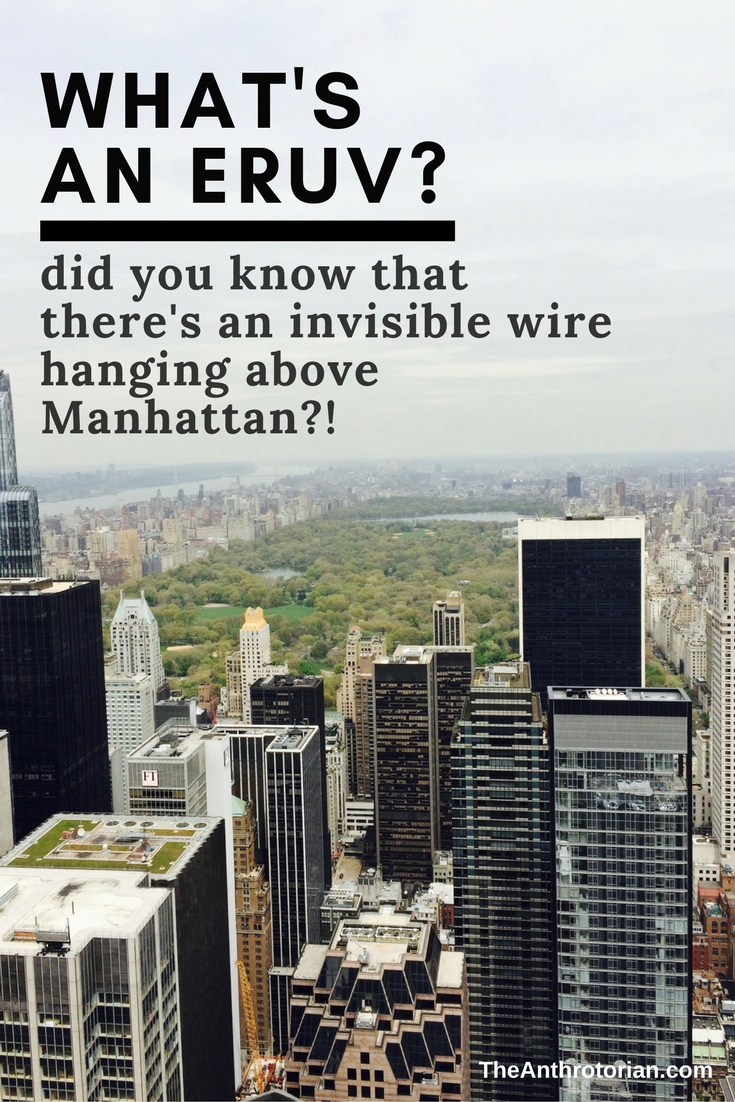The reality is that most of us who travel know one language really well — our own. Well there are exceptions out there, most of us only know the basics of one or two other languages (if we are lucky), and often have no clue how to speak the local lingo in the country we are travelling to.
I have found that with an warm smile and some body language, you can communicate almost anything, but I do make a point of writing myself out a cheat sheet of useful words and basic phrases in the foreign language to carry around in my pocket.
Here's my list of words and phrases that you should try and know in the local dialect (or at least have written out for quick reference) no matter where you are travelling.
HELLO
It is good practice to note the polite form of a greeting. This will show that you respect the person you are talking to and will (hopefully) make them a little more willing to help you out. For example, in Korean, you might say "annyeong" to someone you know well, but the polite form would be "annyeong haseyo".NO
The easiest way to drive away a persistent street vendor, scam artist, or unwanted tour guide is to say a firm "no" to them in their own language.YES
On the other hand, you will need to say "yes" if you want to accept help or answer a question.
NOTE: Nodding and shaking your head will not work universally for "yes" and "no". In some countries it means the opposite, and in others it means something totally different.HOW MUCH?
Very helpful when bartering in foreign markets. Though, you will also need a cheat sheet of numbers so you understand the answer. If you are too worried about memorizing numbers, have a pen and a piece of paper handy so you can barter on paper.DO YOU SPEAK ENGLISH?
I have found that just pointing at yourself and saying "English?" works too, but this is the more composed way to ask.THANK YOU
Being polite will get you everywhere.EXCUSE ME/SORRY
Good to know for when you inevitably make a cultural blunder.CHEERS!
It helps to know what to say when clanking glasses together at the local watering hole!
FOR PEOPLE WITH ALLERGIES: I don't have allergies, so have never had to worry about this, but if you do make sure that you have all the things that you are allergic to written out in the language of the place you will be visiting. You need to be able to hand it to anyone at a restaurant so that they understand exactly what you can't eat.
ALSO: It is pretty important to know the words for "men" and "women" so that you are able to tell which bathroom to walk into. Not everyone uses pictures — trust me, I know.
Well this list is not going to get you through every situation that arises, in my experience, it is all you need for initial encounters and to show that you are attempting to communicate in a language that is not your own. I find that even an attempt will warm people to you, and they will be more patient when you haul out the actual phrase book and try to have a more in depth conversation.



